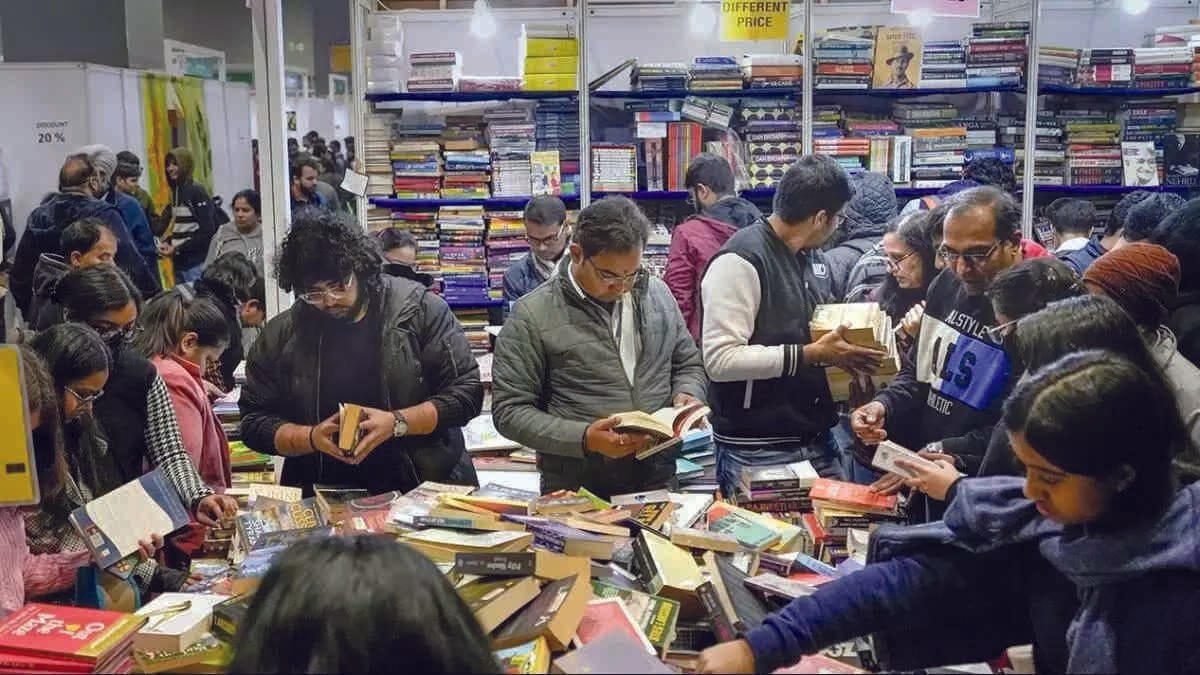Water Shortage at Kolkata International Book Fair
The International Kolkata Book Fair (IKBF), one of the largest cultural events in the city, has come under scrutiny due to a severe shortage of free drinking water for visitors. While the event attracted thousands of book lovers, many were left parched, with scarce access to free water pouches that have typically been available in abundance. The situation raised concerns over the civic planning for such a major event, especially considering the size of the crowd and the duration of the fair. This year, the organisers, Publishers and Booksellers Guild, were faced with a water crisis that seemed avoidable, given the history of water provisions at the fair.
Historically, the state government has provided around one lakh water pouches every day during the fair to ensure visitors have access to safe drinking water without having to purchase bottled water. However, this year, the organisers requested a shift from water pouches to bottled water. This decision, driven by the inconvenience caused by leaking pouches, was meant to make it easier for visitors to drink without the mess. Unfortunately, the promised supply of 500 ml water bottles fell drastically short. Only 30,000 bottles per day were supplied, and this number was insufficient, considering the scale of the event. The guild president, Tridib Chatterjee, acknowledged that while the number was more than adequate in previous years, the transition to bottles resulted in a shortage. Adding to the issue, many visitors were unable to find the free bottles, leading them to buy bottled water from food stalls.
The shortage of free water led to dissatisfaction among visitors, especially those who were wary of the water quality provided by the Bidhannagar Municipal Corporation (BMC) through a water tank at the fairground. Many visitors questioned the hygiene of the water, which was being offered in large tanks, leading some to avoid it altogether. In addition to the lack of free water, bins designed to collect empty water bottles and pouches were found overflowing with waste and discarded plastic bottles, a stark reminder of the growing problem of waste management in urban spaces. One bin, marked “drinking water,” was even found upside down, rendering it completely useless. The public frustration was evident as several visitors, like Prasenjit Mallick from Lake Town, expressed their concerns about both the quality of the water and the lack of accessible drinking options.
This situation highlights the pressing civic issue of inadequate public services during large-scale events in urban areas. While the organisers tried to mitigate the problem by distributing water bottles through volunteers, their efforts were limited and inconsistent. The shortage of free water pouches and bottles points to a broader urban challenge – the need for more reliable civic infrastructure during events that attract large crowds. The lack of preparedness also underlines a critical gap in the management of public services and resources in a city like Kolkata, which is no stranger to challenges surrounding waste management, sanitation, and infrastructure development.
From a sustainability perspective, this issue brings to light the urgent need to rethink how public events are planned, with a greater emphasis on the environmental impact of single-use plastic. In response to the water shortage, many visitors resorted to purchasing plastic bottles, contributing to the growing plastic waste problem. The shortage also highlights the need for better solutions in managing resources during large events, ensuring that the needs of the public are met while minimising the event’s environmental footprint. As cities like Kolkata continue to grow, the integration of sustainable practices and better planning for large events will be key to improving the overall visitor experience and addressing public dissatisfaction.


